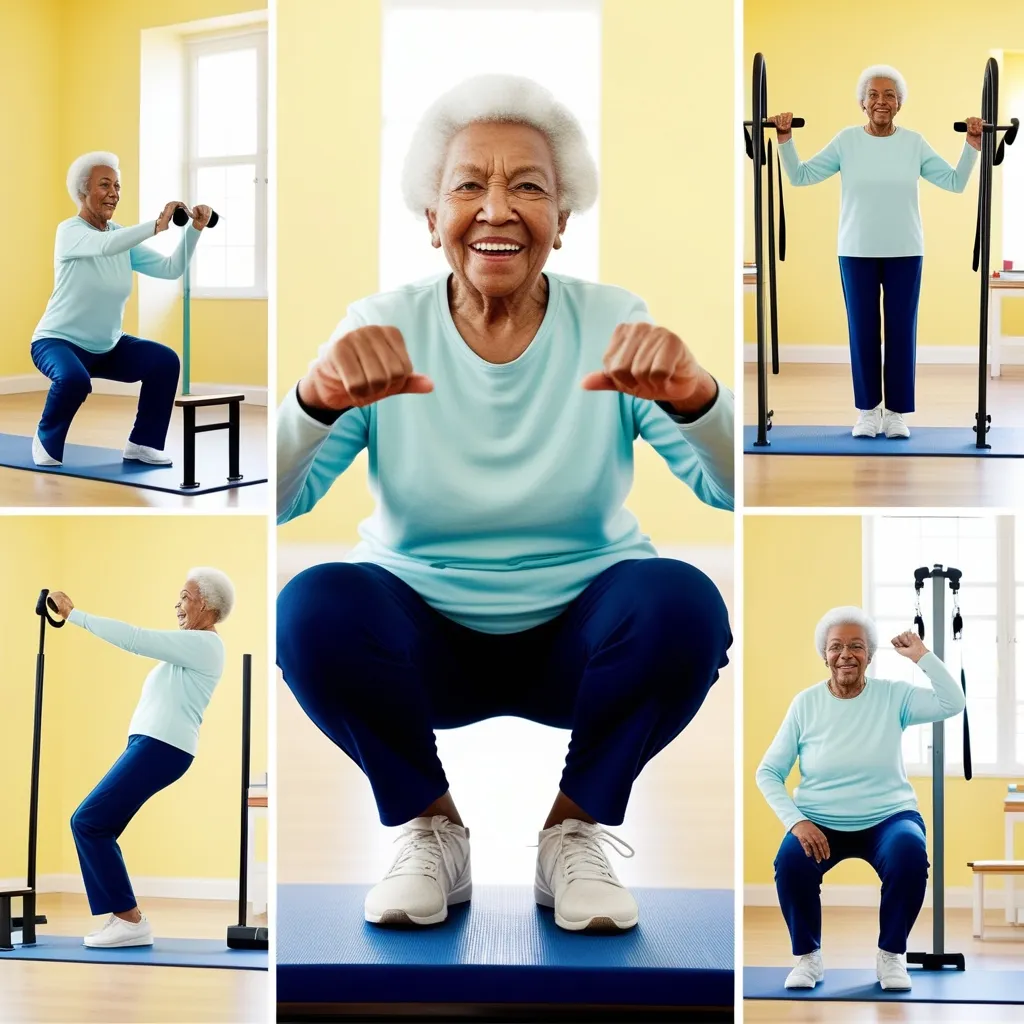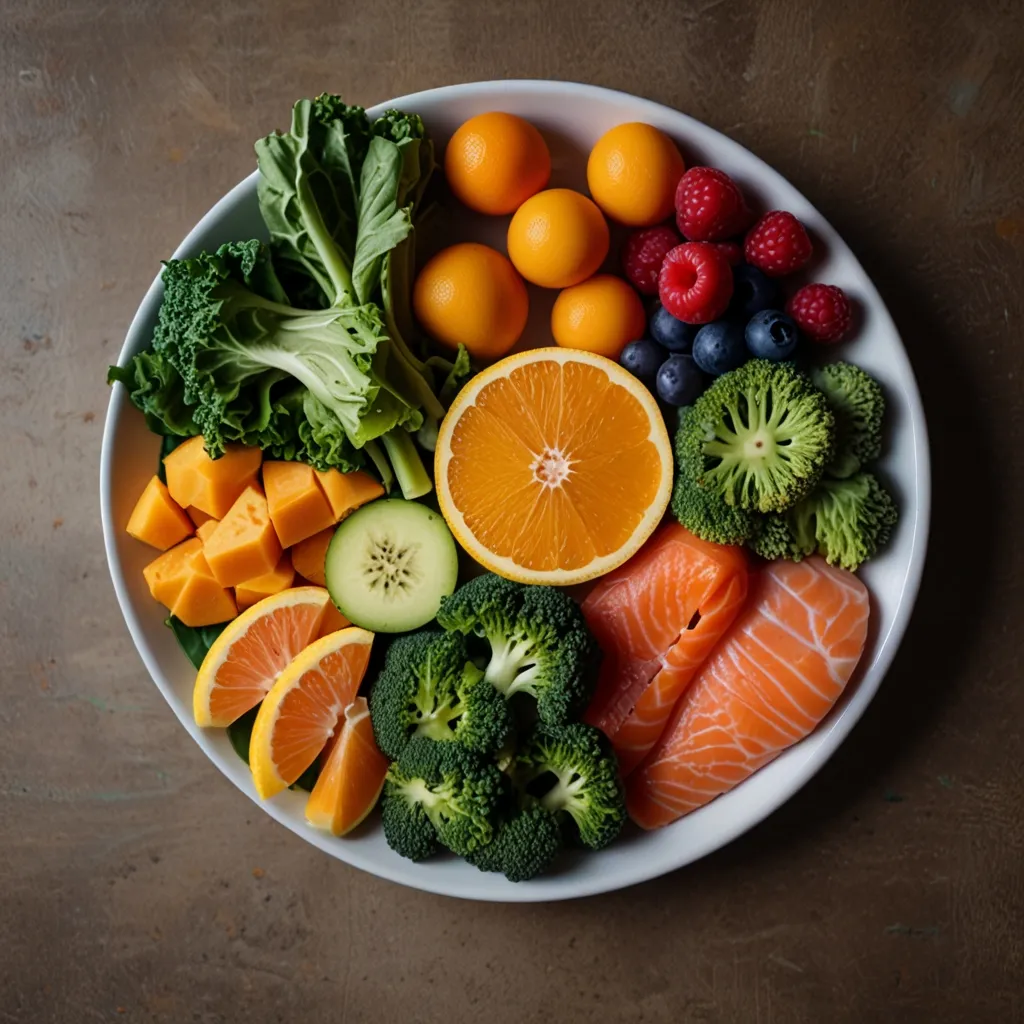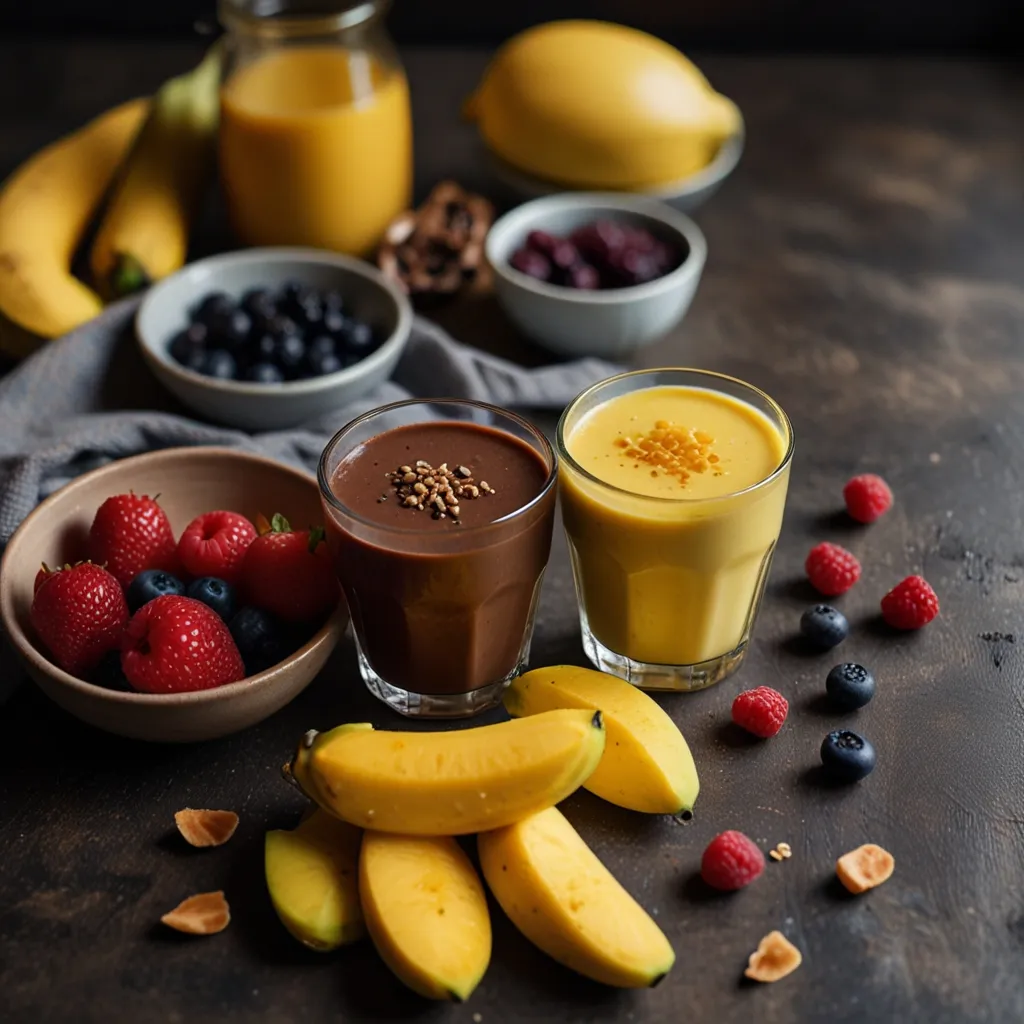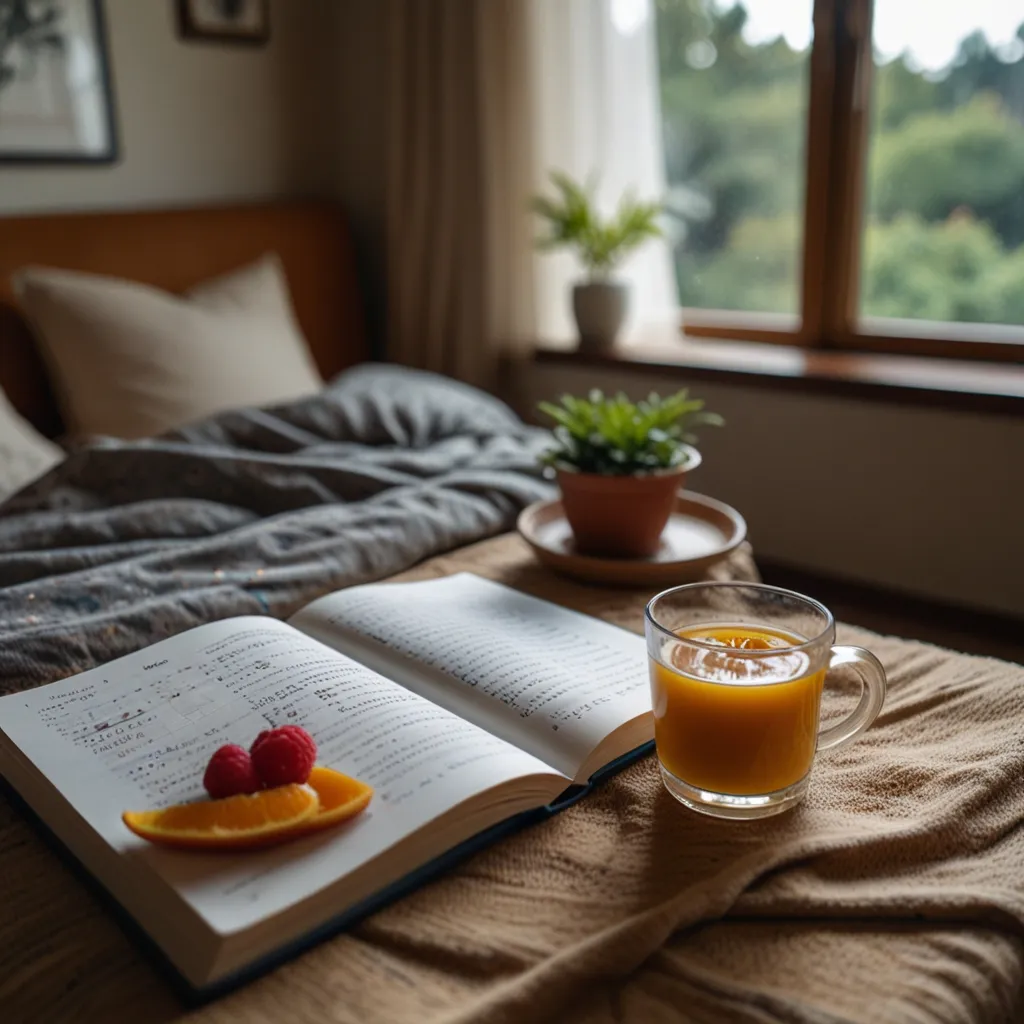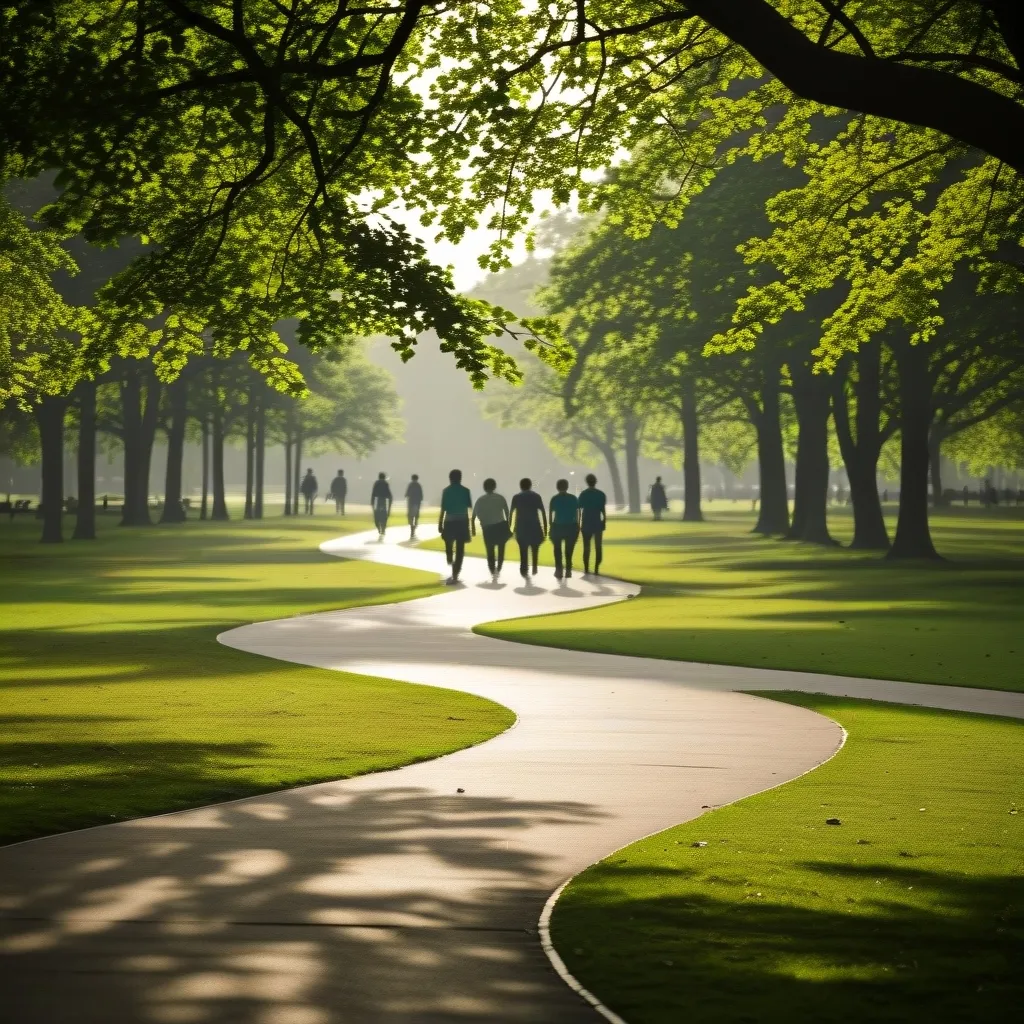Staying Strong and Independent: The Power of Functional Fitness After 50
As we get older, keeping our independence becomes a top priority. Nobody wants to rely on others for simple daily tasks. That’s where functional fitness comes in - it’s like a secret weapon for staying mobile and self-reliant as we age.
Functional fitness isn’t about lifting heavy weights or running marathons. It’s all about preparing your body for real-life movements. Think about the stuff you do every day - getting out of bed, climbing stairs, picking up groceries. These are the kinds of movements functional fitness focuses on.
Let’s talk about why staying active is so crucial when you’re over 50. It’s not just about looking good (though that’s a nice bonus). Exercise can boost your energy, help you maintain a healthy weight, and even ease those pesky symptoms that come with aging. You know, stuff like joint pain, weight gain, and for the ladies, those fun menopause symptoms. Plus, it’s great for your brain and mood. Ever notice how you feel happier after a good workout? That’s those feel-good endorphins at work!
Now, let’s dive into some of the key movements that make up functional fitness. Squatting is a big one. It might seem simple, but being able to squat easily can make a huge difference in your daily life. Think about getting up from a chair, using the toilet, or getting in and out of a car. All of these actions require a squatting motion.
Lunging is another important movement. It helps with things like climbing stairs and picking stuff up off the floor. Plus, it’s great for improving your balance and coordination. Trust me, good balance becomes more and more important as we age.
Then there’s hinging at the hips. This one’s crucial for all sorts of everyday tasks - tying your shoes, picking things up, opening low cabinets. Exercises like deadlifts and kettlebell swings are great for practicing this movement.
Don’t forget about pushing and pulling motions. These come in handy for things like opening doors, pushing a shopping cart, or pulling a suitcase out of your car. And lastly, twisting movements. These help with actions like rolling over in bed or looking over your shoulder while driving.
The best part about functional fitness is that you’re probably already doing some of it without realizing. Love gardening? You’re bending, lifting, and twisting. Walking your dog? That’s functional exercise right there. Even household chores like dusting and vacuuming count!
Now, you might be thinking, “I’m too old to start exercising now.” But here’s the thing - it’s never too late. Seriously. Studies have shown that even people in their 80s and 90s can see improvements in strength and mobility from starting an exercise routine. So no excuses!
One of the keys to sticking with an exercise routine is keeping it fun and varied. Don’t feel like you have to stick to “old people exercises” if you’re capable of more. Join a dance class, go for a swim, or hop on a bike. The important thing is finding something you enjoy. Even better if you can do it with a friend or partner. That way, you’ll look forward to your workouts instead of dreading them.
Strength training is a big part of functional fitness. It helps build the muscle strength you need for everyday tasks. For example, exercises like deadlifts and squats not only strengthen your legs but also improve your balance. And good balance means less risk of falls - which is super important as we get older.
Consistency is key when it comes to functional fitness. It’s better to do a little bit every day than to do a lot occasionally. Try to do some functional exercises daily, even if it’s just for a few minutes. As you get stronger, you can gradually increase the intensity and frequency of your workouts.
It’s pretty inspiring to hear about people in their 70s, 80s, and beyond who are still actively engaged in sports and fitness activities. These folks are living proof that with the right mindset and consistent effort, you can stay independent and mobile well into old age. Just imagine being able to play with your grandkids without getting exhausted, or continuing your favorite hobbies without any physical limitations.
Remember, functional fitness isn’t just about what you do during dedicated workout time. It’s also about how you incorporate physical activity into your daily routine. Instead of taking the elevator, try the stairs. When you’re grocery shopping, carry your bags instead of using a cart. These small changes can add up to make a big difference in your overall fitness and independence.
Exercise isn’t just good for your body - it’s great for your mind too. It can help reduce stress, improve your mood, and even help manage symptoms of depression and anxiety. Plus, there’s a real sense of accomplishment that comes from being physically active. It can boost your self-esteem and overall well-being in a big way.
Before you start any new exercise routine, it’s important to check with your doctor, especially if you have any health conditions. They can give you guidance on what exercises are safe for you and help you create a routine that fits your specific needs.
In the end, functional fitness is all about making your daily life easier and more enjoyable. It’s about being able to do the things you love without struggling or relying on others for help. Whether you’re 50 or 90, it’s never too late to start. The benefits are well worth the effort.
So why not give it a try? Start small if you need to. Maybe begin with some simple squats while holding onto a chair for support. Or practice your balance by standing on one foot while you brush your teeth. The key is to start somewhere and keep at it.
Remember, every little bit counts. You don’t have to become a gym rat overnight. Just focus on moving more and incorporating functional movements into your daily routine. Before you know it, you’ll start noticing improvements in your strength, balance, and overall quality of life.
Functional fitness is like an investment in your future self. The work you put in now will pay off in the years to come. You’ll be able to maintain your independence longer, enjoy your favorite activities without limitations, and maybe even surprise yourself with what you’re capable of.
So here’s to staying strong, mobile, and independent. Here’s to functional fitness and all the amazing benefits it brings. And most importantly, here’s to you - taking charge of your health and well-being, no matter what your age. You’ve got this!
